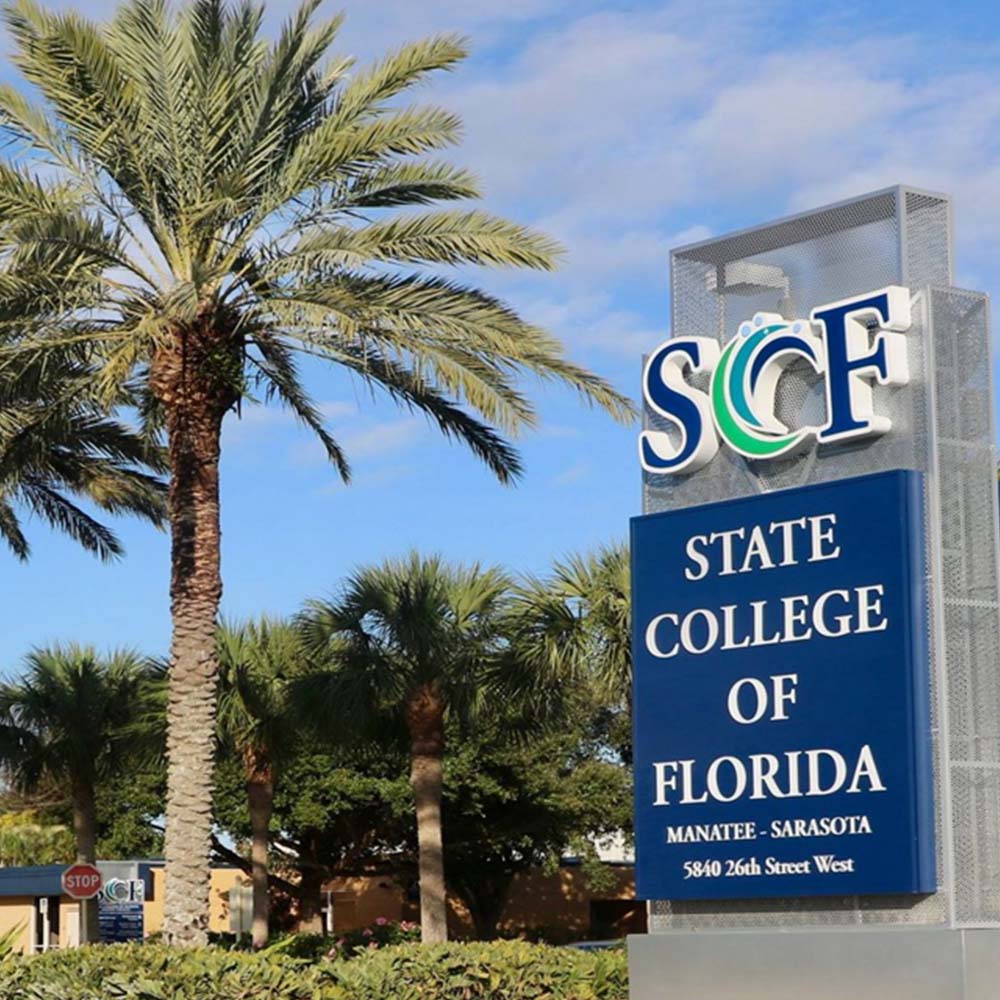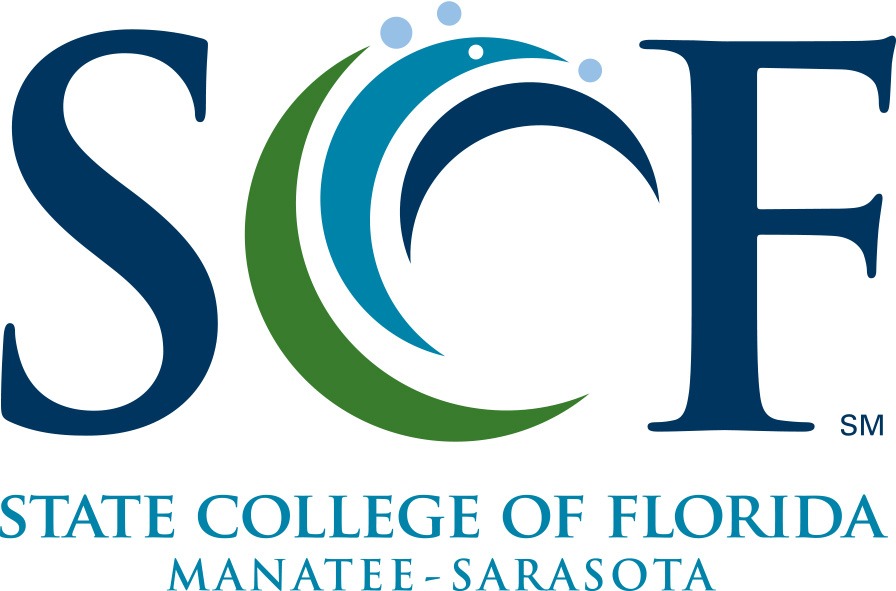Sponsored Projects

At State College of Florida, Manatee-Sarasota, the Sponsored Projects Department, working closely with the Sponsored Projects Committee, plays a vital role in securing grant funding to advance the College’s mission and strategic goals.
Services
- Maintains research on potential funding sources*
- Refers grant opportunities to potential grant developers
- Assists with the interpretation of the grant solicitation document
- Provide assistance to potential grant developers to enhance grant planning skills
- Coordinates grant development team
- Assists with effective budget development
- Gathers institutional and other data to support the proposal
- Provides writing, editing, and proofing assistance
- Assists grant project developer to seek feedback and approval from leadership
- Prepares and submits the final grant proposal document
- Prepares grant board items for inclusion in the BOT agenda
- Following the receipt of a grant award, Sponsored Projects staff consults with
grant project director and others as needed to assist with grant implementation
*Sponsored Projects works primarily with funding from governmental agencies.
Grant Development
Grant applications may be as simple as a one-page form or as complex as a 60-page proposal filled with charts and graphs, all extensively detailed. Whether large or small, when any grant is being developed there is a great deal of thinking, planning, creating, researching and filing away of essential tidbits of information that will help you strengthen your grant proposal and ultimately achieve better outcomes. As you work on developing a grant proposal, you will discover many other resources that will help you with your particular project.
Resources for Grant Developers
- Community College Daily Newsletter
A comprehensive resource of news about two-year colleges, published by the American Association of Community Colleges. Under News Topics look for “Funding” to find out what grants and gifts other colleges are receiving. - Grants.gov
This site contains listings of all grant opportunities from federal agencies and is the site through which we submit most grant proposals. It also contains helpful tutorials about grant seeking and grant development. - National Science Foundation
In addition to grant opportunities, the National Science Foundation site has a series of newsletters about new developments in science and a host of helpful resources. Go to the Awards section to search for abstracts of funded grants. - U.S. Department of Education Grants Page
- Philanthropy News Digest
Grant Management
Both local and global events affect what happens in grant competitions. It is important to plan with SCF’s strategic priorities in mind, keep an eye on funding trends, find out what our competitors are doing and try to predict in advance what the various granting agencies expect from us in the future.
Once a grant has been awarded, then it is up to the grant project director and the administrator responsible for the grant to make sure that the objectives of the grant are achieved in the timeframe allowed within the rules and regulations of both the college and the funding source. Of course, there are always unexpected situations, in which case the Resource Development staff and the Finance Department staff will be happy to assist you.
Institutional Review Board
While community colleges do not typically conduct medical trials and scientific experimentation, the research undertaken often includes the opinions of individuals, data on improved academic performance and the impact of programs on a category of constituents. Participants in these types of research and data collection are also considered to be human subjects. An Institutional Review Board allows research involving human subjects to be conducted.
SCF uses research to make informed decisions on programs, policies, procedures and services. In addition, federal funding agencies require that outcomes from grant projects include some form of primary research that can potentially benefit other colleges and contribute to the general body of knowledge on the topic. The SCF Institutional Review Board will guide research that involves employees, students, community members and business representatives.
Some facts about the Institutional Review Board:
- The Institutional Review Board process implements the appropriate level of review for research and grant proposals to ensure that the rights, privacy and welfare of human subjects participating in research studies are protected (including appropriate disclosures and consent/release forms).
- Institutional Review Board must approve research and data collection activities before any involvement of human subjects takes place.
- Some research projects involving human subjects are exempt from extensive Institutional Review Board review, with its rigorous approval requirements. However, exemptions may only be granted by the Institutional Review Board chair (or other designated member of the Institutional Review Board).
The Institutional Review Board is composed of at least five members with varying backgrounds and expertise in special areas to provide complete and adequate review of the research protocol. At least one of the members must be from outside the College.



